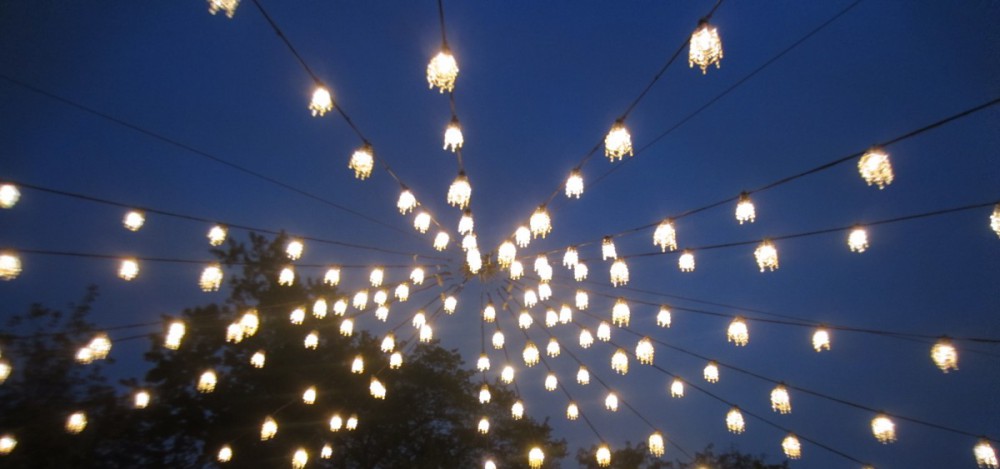Journalism has seen a dramatic change in the way news is captured and reported. Gone are the days when we would anxiously rush home to see the evening’s news broadcast, read the newspaper, or listen to 1010 Wins. Not to say that people no longer do those things, but there are so many other mediums that are quicker to access. Traditional news mediums are seeing a decline in ratings as today, more and more people are going online to get their news. As a result, news organizations are having to find new ways of providing information. I agree with Brian Carroll in “Writing and Editing for Digital Media”, that social media is an integral and integrated source and channel of and for the news, yet it is also a floodgate to potential problems.
Remembering a time when there was no smart phones or online access seems virtually impossible. The tools of journalism were typewriters and newspaper clippings. Today, digital technology and wireless connectivity has caused a shift in society and therefore, a shift in news gathering. In this “always on” society, we have mediums such as YouTube, Google, Facebook, and Twitter, where viewers not only read and view the news but participate in its content. Never before have we had so many civilians photographers who immediately send in their snapshots after an event has just happened and instantly, it’s available for airing.
As said best by Nilay Patel, Verge’s editor, “Every story is a technology story; every technology story is a culture story.” That is to say, our culture has saturated our stories and has shaped our perception. Therefore, different cultures perceive things differently and that affects how we translate and transmit what we see and hear. Now for the journalist, that creates a credibility issue and often leads to poor writing and biased reporting. In addition, anonymity is accepted more readily online than in mainstream news media.
That leads to the question: How should professional journalist use this new media to research and publish stories that holds up to the integrity of the story? Traditionally, we put our trust in news organizations to bring us the facts, but digital technology has transformed the way news is told and has made it harder to verify accuracy. While Photoshop and other imaging programs have made it easy to modify and enhance photos, information received from regular citizens may not be factually correct. Yet, journalist are still expected to be professional and are beholden to ethical and moral rules of practice.
These challenges pose serious problems in a society that expects instant news and analysis. In order to help in this area, crowd sourcing is used as a way to extend the reporter’s eyes and ears into the community and beyond. Sharing sources enables news organizations to cover more stories in depth and develops more accuracy in reporting. By using mediums such as Twitter as a way to verify information, reporters can use a collective knowledge to get to the truth. For example, it is much safer for a reporter to get tweets from Iran or Syria than to be there in person.
Ultimately, journalist still need to know how to write, take photos, use blogs, podcast, and expertly analyze stories. What’s different is that they now share a space no longer exclusive to them. They are now part of a large collaboration of people operating on a social communications platform and we, who as citizens, without any formal training in journalism, are engaged in the writing, editing, publishing, and reading stories, and must critically view them.



